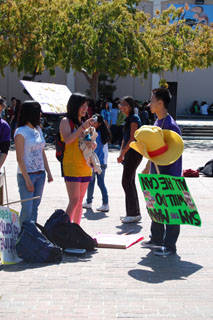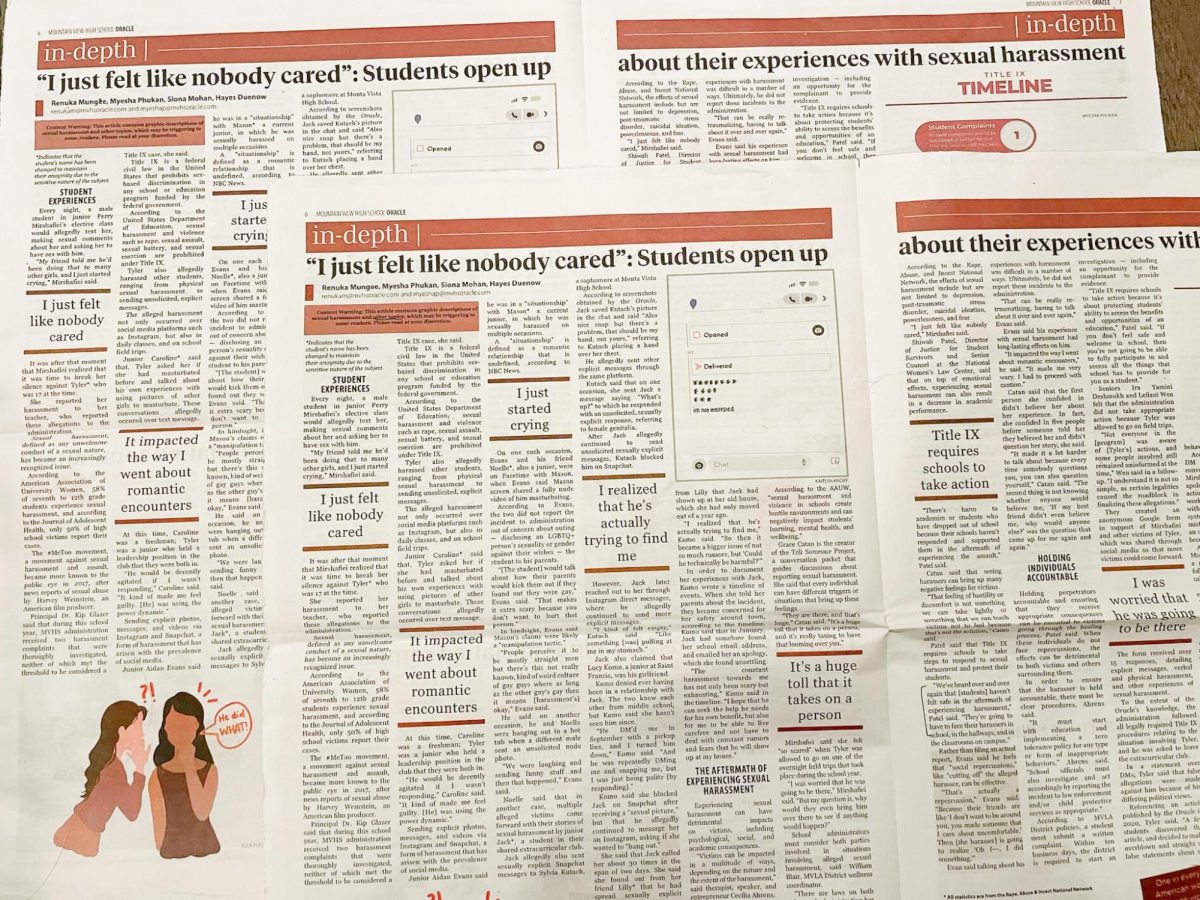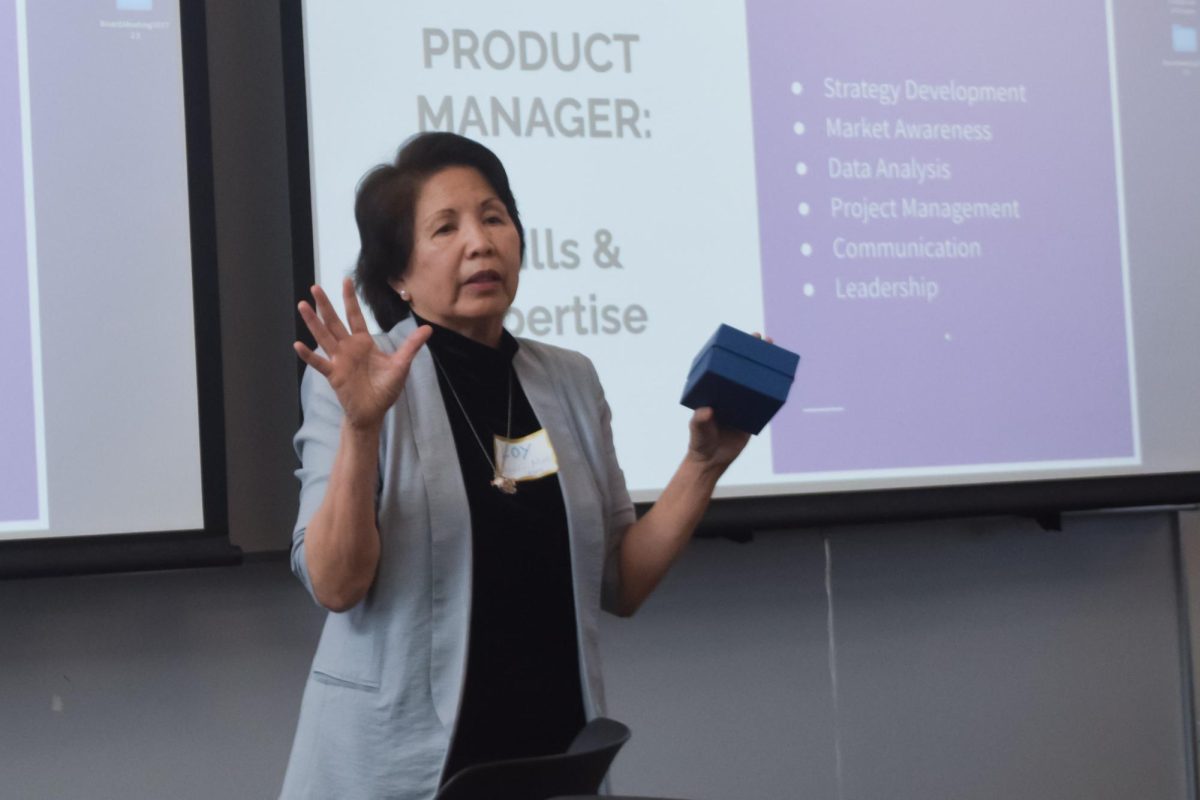On March 13, Deans of Students Denae Moore and Michael Hicks returned from a California Association of Directors of Activities (CADA) conference with an idea to eliminate designated officer positions in order to emphasize the team concept behind running a class. Instead of running for specific positions, like President or Treasurer, candidates would instead vie for one of five or six spots on the class or ASB leadership teams.
With this system, the student body could elect its top representatives rather than choose between two exceptionally qualified candidates battling for the same position. The converse is also true—a weak candidate could not win a “free ride” to office by running for an unopposed position or against an even weaker candidate.
After returning from the conference, Moore and Hicks had to wait a few days due to the March 16 Staff Learning Day to announce the new policy to the students in Leadership. While at first the general consensus was receptive and open to the idea, upon returning to class that Thursday, students expressed many concerns.
The most common issue with the new model was that the Leadership students were not consulted beforehand when the class is usually run as a collaborative effort to reach every decision. The decision to invalidate titles was not moved or passed through Leadership Council.
Moore acknowledged this unprecedented move. “We realize that this is not how we usually approach the class, but we wanted to combine this with a lesson that we can break traditions and make decisions more quickly,” Moore said.
She reasoned that, as ASB elections were coming up the following week, candidates should have been informed of this critical change as soon as possible.

Moore believes that the verdict may have turned out differently had they introduced this idea to the class a few months earlier so that they could have had time to weigh the pros and cons. She thinks the majority of the frustration came from the students not being able to participate in making the decision.
Senior class treasurer Brad Chew affirmed Moore’s belief. “I like the idea in principle,” Chew said. “If it hadn’t been sprung on us so suddenly, we could have worked it out by modifying policy or putting in a transitional period. The team spirit is good, but they need to ease it in.”
However, there were some issues with the actual structure of the establishment in consideration. Students feared that the more technical positions such as IDC Representative and Treasurer might be difficult to fill without specialized titles.
Hicks thought the students were mostly concerned about accountability issues. “The question arises: who should students on campus go to with specific issues? And it could be disorganized—who’s doing what? But I think the students aren’t giving themselves enough credit,” Hicks said. Positions are so blurred that the cooperative mindset is already well established within each class and ASB officer team.
Aside from the ability of the officers to perform their duties, problems might emerge among the voters. Students often vote for candidates based on how well they imagine the candidate could do a specific job, notes Chew. Under the alternate system, they would be expected to vote for the candidate with the all-around best leadership qualities.
As Leadership Council voted, class and ASB officers will hold on to their titles and designated positions for the coming school year. However, Moore and Hicks believe that now that the idea has been introduced, it can be modified to best fit MVHS and implemented in the future.






















